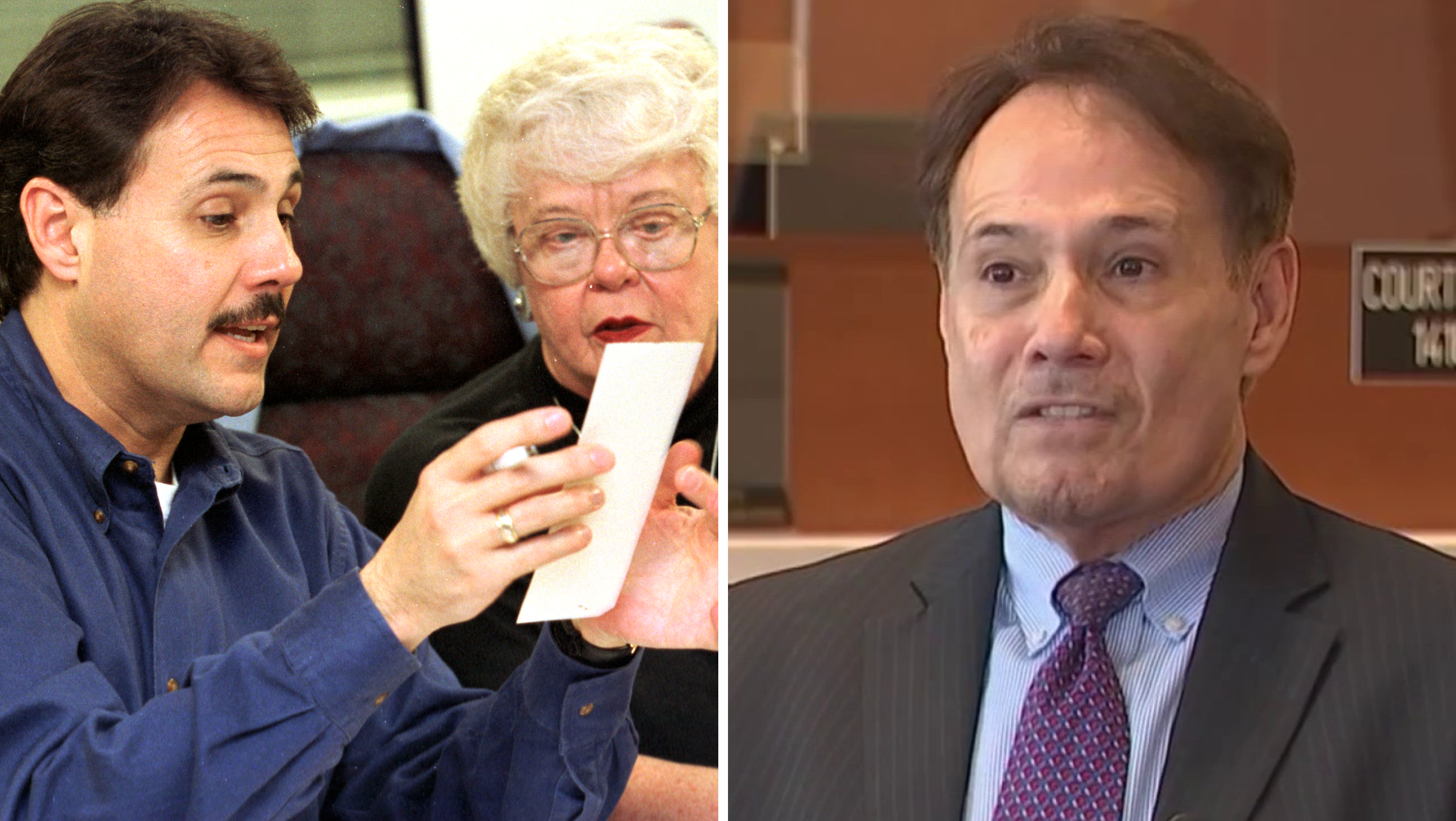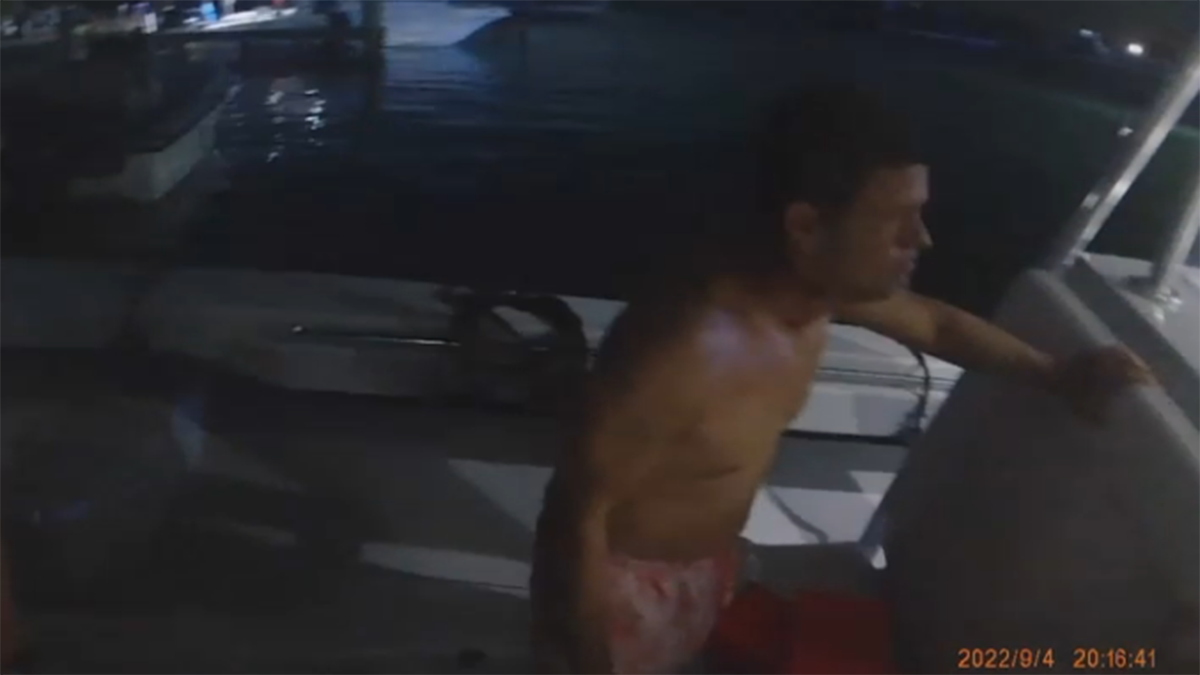As the American Airlines charter set down at the Port-au-Prince airport, the view out the window was stunning.
Large military helicopters landing on the grass between the single runway and the tarmac. The airport control tower was in shambles, the ground control for the aircraft handled by four guys in fatigues sitting at what looked like a portable table.
Small and medium prop jets sat scattered along the grassy areas to the side of the runway. Huge military transports were landing, cargo planes from multiple nations were stacked up in the pattern waiting for the OK to land.
Early on after the January 12th earthquake hit, the small third-world airport was overwhelmed. Much needed relief could not get on the ground, cargo laden planes could not land. Critical medical personnel and supplies were denied permission to land, many diverted to the Dominican Republic.
Then came the Americans.
First to hit the runway was a Special Ops unit from the U.S. Air Force. They don't get a lot of publicity and they like it that way.
What their real job is has nothing to do with relief flights. They are trained to "take" airfields. "Taking" means securing airfields during combat.
Local
But this was not combat, this was all about saving lives.
"We sort of run the airport now, getting those planes on the ground," said a Senior Airman. Air traffic was run by the U.S. Air Force, the airport management the same, and there were just enough American Marines around to make sure all was going well.
The Americans took some flak from the French who felt the assumption of control was a little heavy handed. Some of the region's tin-horn dictators like Hugo Chavez of Venezuela, crowed about an American military invasion. Fact is the U.S. got on the ground and got the tiny airfield organized.
Do not get the idea that what went down was an entire U.S. Military operation. The Spanish Air Force was working on fuel supply, the Canadians were setting up and running key communications, The Jamaicans had a handle on airport security, The UN Peace Keepers, with their blue helmets and multinational make up, were in the picture too.
No question, the operations at the airport are the result of lots of cooperation, but someone had to be in charge.
Two Dominican pilots summed it up: "Until the Americans got here it was not so good. Now it is safe. Now it works."
Hank Tester has been covering news and politics in South Florida since 1992.



